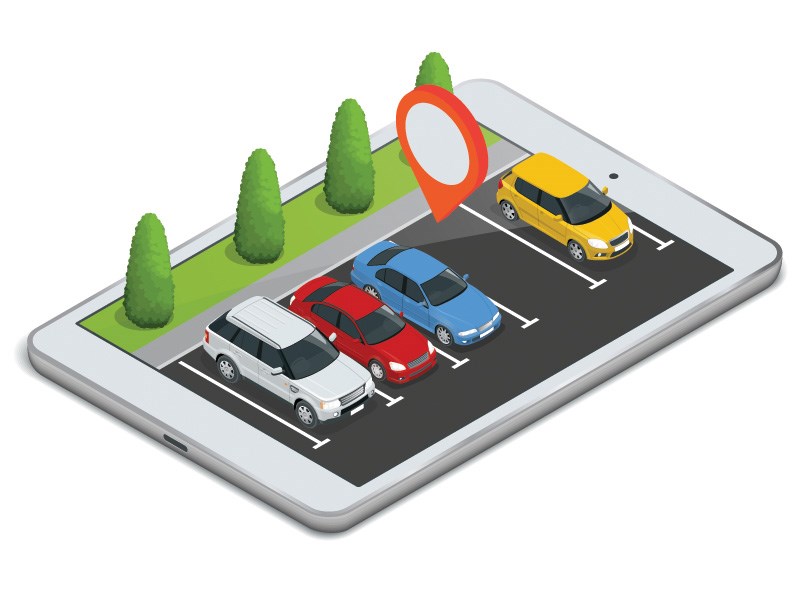A study of downtown parking needs commissioned by the District has identified commercial hotspots and future needs, including the possibility of metered parking and an off-street parking structure.
The report concludes that “no major parking demand issues exist” in the downtown, but it does acknowledge that there are concerns about high tourist areas.
Cleveland Avenue is the hardest street to find parking on and the weekly summer farmers market makes things considerably busier, the study found.
The report separates the use of downtown residential streets, most of which have no time limits, and two-hour restricted “commercial parking” located nearest to businesses.
On average, between 57 and 60 per cent of commercial parking spots were in use at any one time. During the busiest times, use of commercial spots topped out at 68 per cent on weekdays and 75 per cent on weekends.
The majority of people parking downtown obeyed the two-hour time limits.
The $25,000 study was conducted by Squamish-based firm ISL Engineering and was restricted to street parking, not the use of municipal lots.
Coun. Susan Chapelle noted that the data points were collected on sunny, September days, and that parking could be different in the cold and rain.
“The objective was to collect the information and get some real-time data,” said Graham Schulz, senior engineer from ISL, during a presentation to councillors on Tuesday.
While the study was applauded as providing a much-needed baseline, it also prompted a spirited discussion on the future of parking in the District, including a long-term possibility of a parkade.
The long-term improvements suggested in the report include an off-street parkade, the introduction of metered parking and a paid permit system for long-term street parkings. Other suggestions included making downtown more bicycle and walking-friendly, making changes to time limits and improving signage.
“I think that there is probably no one solution,” said Coun. Doug Race, summing up several of the discussion points on commuting, two-car families, transit and future parking needs.
“We don’t have a robust transit system like the City of Vancouver, maybe we never will,” he said.
“While we try to steer people toward bicycles and public transit, we always have to face the fact that a significant portion of people will be using vehicles in the future.”
Race said he was supportive of a parking structure, but acknowledged “they’re just generally not the prettiest thing in the world” and he wouldn’t want to see one on Cleveland Avenue.



